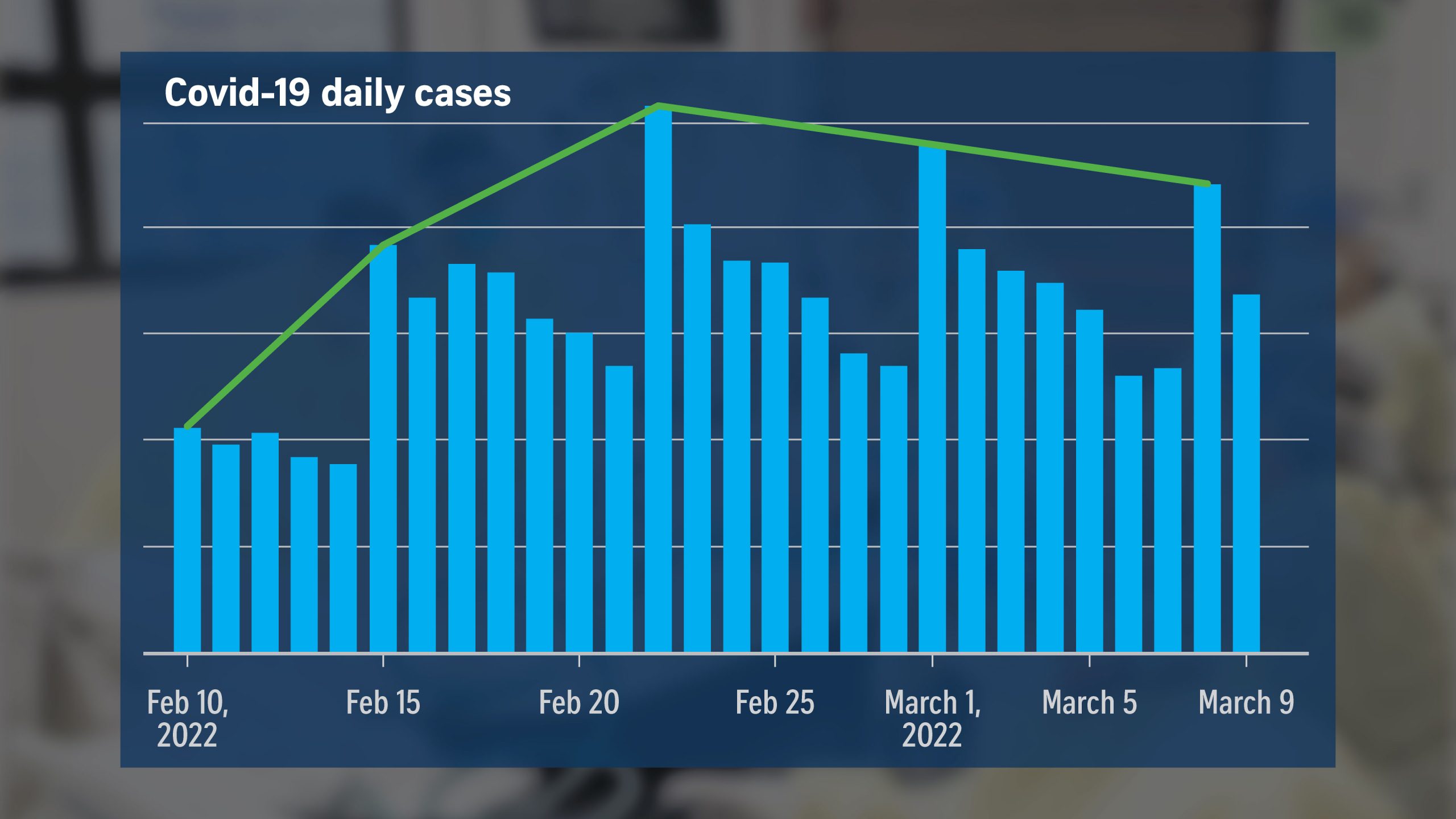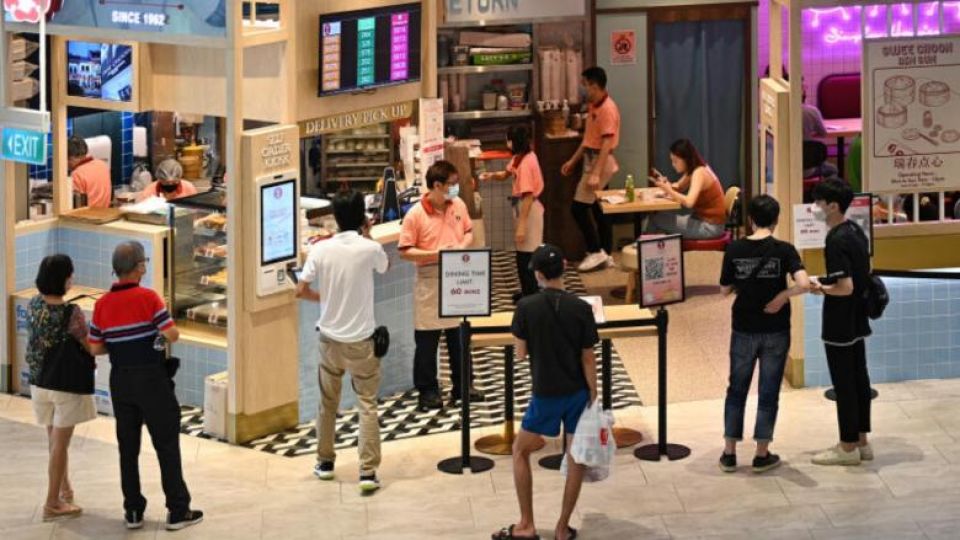March 11, 2022
SINGAPORE – The Omicron wave has peaked and infection numbers are coming down, said Health Minister Ong Ye Kung in Parliament on Wednesday (March 9).
Does this mean that the current measures to curb Covid-19 will be eased soon?
Some experts say it’s better to wait a bit longer, till the downward trend is fully established, before relaxing them. Others say every delay comes with a cost to the people and the nation.
Professor Leo Yee Sin, executive director of the National Centre for Infectious Diseases, is a strong advocate of waiting a bit longer, as she fears relaxing measures too soon could result in rising infections.
“Any relaxation of preventive measures will likely see a rebound of cases,” she said.
The current situation is still dynamic, and Singapore is “at the very early stage of an observed declining pattern”, Prof Leo said. It would be wise to continue observing the situation for a while more before deciding on the next course of action, she added.
Associate Professor Hsu Li Yang, an infectious diseases expert at the NUS Saw Swee Hock School of Public Health, agrees that caution is called for.
He said: “I think it is important to note that this current peak is based on the ongoing Covid-19 restrictions. Once they are relaxed, especially if they are relaxed abruptly, it is possible that the numbers and infection growth rate will rise again.”
That was what happened in England when all Covid-19 domestic rules were relaxed on Feb 24, he said. Daily new infections had fallen to below 25,000 on Feb 27, only to top 67,000 on Wednesday (March 9).
His colleague from the school, Associate Professor Alex Cook, who is the vice-dean of research, expects infection numbers to continue the downward trend “in the absence of a new variant or an unexpectedly early relaxation of measures”.
He added: “There’s a good case to wait for the situation in the hospitals to improve before easing measures, but that point could be as soon as the end of the month or the middle of April.”
Prof Cook said it is becoming increasingly harder for the virus to spread as more people have been infected recently. The official figure for infections here stands at 885,593 cases.
Thus, he doesn’t think it likely for cases to soar. But he said given how stretched healthcare workers are, “even a small rise caused by immediate relaxation of measures would be unwelcome for that reason”.

However, Professor Dale Fisher, a senior infectious diseases consultant at the National University Hospital (NUH), and Associate Professor Jeremy Lim of the NUS Saw Swee Hock School of Public Health, a surgeon trained in public health, both feel delaying the easing of measures also has repercussions.
Prof Fisher said opinions within his hospital vary, from those who want restrictions to continue in case that is what is keeping numbers down – and he admits, hospital staff are tired – to surgeons who want to see their operating rooms busy again, and patients who want their conditions treated instead of delayed.
However, he felt that there are restrictions that can be eased that would not cause a major increase in infections, but which could have significant social and economic benefit.
These include not requiring masks outdoors, and increasing the size of gatherings. But restrictions should remain in place for high-risk activities, such as large indoor gatherings, he said.
Prof Fisher added: “Removing the Vaccinated Travel Lane system and pre/ post flight testing would see a wonderful return for this industry and the livelihoods of those employed.”
Added Prof Lim: “Transport Minister S. Iswaran speaks of Singapore now having the ‘confidence and opportunity to move decisively’ (in Parliament on March 9), but I’m afraid others have moved ahead of us. There is a heavy economic and social price to every day we wait and play it safer.”
However, Prof Cook, who is also an expert in infectious disease modelling, thinks people here will not need to wait too long for measures to ease.
It all depends on whether the epidemic wave falls the way we think it will, he said. “If it does, we could be in position not just to ease measures but to remove most if not all of them.”
This could be as soon as the end of this month.


